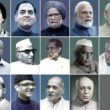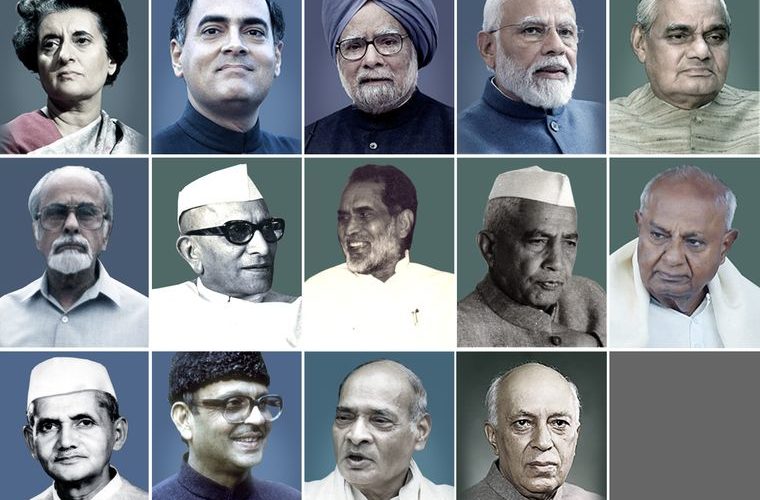India has been governed by a remarkable line-up of leaders who have held the highest office of Prime Minister. They have played an impeccable role in shaping the nation’s destiny, driving policies, and leaving their indelible mark on India’s socio-political landscape. In this blog, you can embark on a journey to delve into the profiles and significant contributions of some of India’s notable Prime Ministers from an extensive list of PM of India, each leaving a unique legacy in the annals of Indian history.
Visionary Leadership: Jawaharlal Nehru
Jawaharlal Nehru, India’s first Prime Minister, served from 1947 to 1964 and was a towering figure in the nation’s struggle for independence. Nehru’s visionary leadership laid the foundation for India’s democratic governance, emphasising secularism, scientific temper, and social justice. His commitment to non-alignment in foreign policy and emphasis on nation-building and industrialisation set India’s course in the early years of independence.
Steadfast Resolve: Indira Gandhi
Indira Gandhi held office from 1966 to 1977 and again from 1980 until her assassination in 1984. Her leadership was characterised by her strong-willed and resolute approach, leading the nation through tumultuous times. Gandhi’s contributions included the nationalisation of banks, the Green Revolution, and her indomitable stance during the Bangladesh Liberation War.
Economic Reforms and Global Recognition: Dr Manmohan Singh
Dr Manmohan Singh, India’s Prime Minister from 2004 to 2014, is widely regarded for his contributions to economic reforms and global recognition. As the architect of India’s liberalisation policies in the early 1990s, Singh spearheaded progressive economic reforms that opened up India’s markets and accelerated its growth trajectory. His tenure witnessed significant advancements in sectors like information technology and infrastructure.
Empowering the Marginalised: Narendra Modi
Narendra Modi, the Prime Minister of India since 2014 till now, has been a dynamic force in driving transformative change and empowering the marginalised sections of society. His governance philosophy, focused on economic development, social welfare programs, and digital initiatives, aims to uplift the lives of millions of Indians. Modi’s contributions include initiatives like “Make in India,” “Digital India,” and “Swachh Bharat Abhiyan.”
Diplomacy and International Relations: Atal Bihari Vajpayee
Atal Bihari Vajpayee served as India’s Prime Minister from 1998 to 2004 and was known for his statesmanship and focus on diplomacy. Vajpayee’s tenure saw significant advancements in India’s international relations, including the Pokhran nuclear tests and initiating peace talks with Pakistan. His eloquent speeches, such as the iconic “Golden Quadrilateral” vision, highlighted his commitment to infrastructure development.
Social Justice and Empowerment: Rajiv Gandhi
Rajiv Gandhi, Prime Minister from 1984 to 1989, embarked on a mission to usher in technological advancements and address social inequalities. His initiatives included the introduction of computers in India and efforts to modernise governance systems. Gandhi’s focus on grassroots development through initiatives like Panchayati Raj and rural electrification showcased his commitment to social justice and empowerment.
ConclusionIndia’s Prime Ministers have played instrumental roles in shaping the nation’s path and leaving their imprints on its socio-political fabric. From the visionary leadership of Jawaharlal Nehru to the transformative economic reforms of Manmohan Singh and from the committed leadership of Indira Gandhi to the inclusive development agenda of Narendra Modi, each Prime Minister has made significant contributions to the country’s progress. This list of PM of India has navigated India through critical junctures, making decisions that have had far-reaching implications for the nation and its people. Whether in foreign policy, economic reforms, social justice, or technological advancements, their legacies continue to shape India’s trajectory. The profiles and contributions of these leaders testify to their dedication and commitment to the welfare and progress of India and its people.










